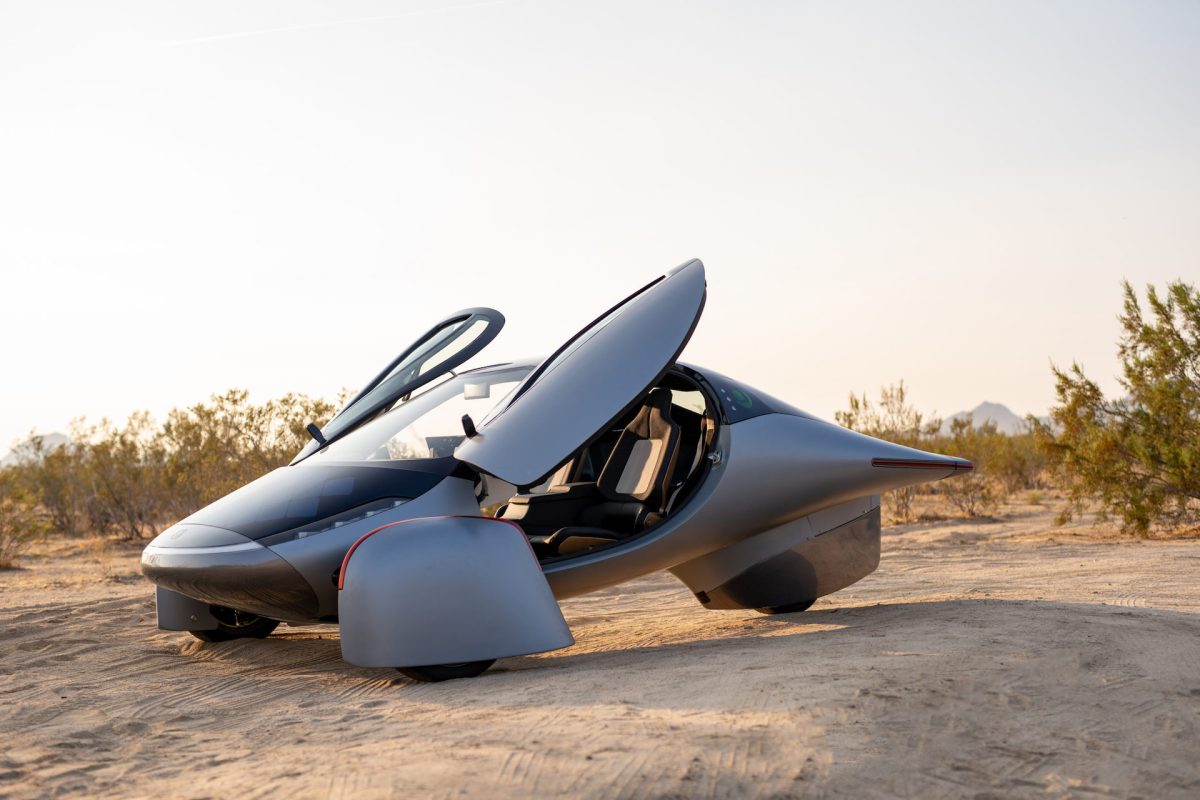Electric vehicles are undeniably having a moment. It appears, however, that they may still be approaching their true moment in the sun, literally.
Interesting Engineering reports that a new study shows that solar energy can provide between 6 and 18 driving miles for EVs daily — a number equal to half of an EVs daily required charging.
To obtain this data, researchers accounted for the capabilities of other solar-powered EVs in 100 global urban settings.
Solar cars generally capture the sunlight with photovoltaic (PV) panels placed on the car's surface. Sunlight is converted into electricity by these panels and can be used to directly power the electric engine or charge EV batteries.
"Cities are today the main market for electric vehicles and, due to the relatively small traveled distances, are particularly interesting for solar-powered vehicles. However, in urban areas, we have buildings, trees and other obstacles casting shadows onto the roads thus limiting the solar potential of driving or parked vehicles. The purpose of the work was to assess if the impact of these shadows is a significant limitation to the potential of solar cars," said Miguel Centeno Brito, a researcher at Instituto Dom Luiz and first author of the study, according to Interesting Engineering.
While drivers are rapidly switching to EVs — they now make up 10% of all new car sales — the Environmental Protection Agency reports that transportation is still the largest contributor to planet-warming pollution. Globally, it accounts for nearly 30%, and the annual carbon pollution produced by passenger cars is around 3.3 billion tons, according to data from Statista.
Solar vehicles, like other EVs, produce no pollution, making them a promising clean mode of transportation. San Diego–based solar EV startup Aptera went so far as to claim that its prototype will be the "most efficient vehicle on the planet."
The biggest issue with solar vehicles currently is that their range is affected by weather conditions, solar cell performance, and solar panel size. Their performance can also be majorly affected by environmental factors like cloudy days. These constraints, as explained by Interesting Engineering, make it challenging to provide enough power for long-distance or high-speed driving.
The study's analysis unsurprisingly showed that cities in Africa, the Middle East, southern Europe, and Southeast Asia are the best places for solar-powered vehicles, with regions like China, North America, and Australia showing significant potential due to only a 25% loss of sun from shade.
While price and range currently keep the market for solar vehicles small, the hope is that this will change as the technology develops.
"Our results can help establish a road map for policymakers and the automotive industry to accelerate the transition to a more sustainable and environmentally friendly urban future," Brito said.
Join our free newsletter for weekly updates on the coolest innovations improving our lives and saving our planet.









